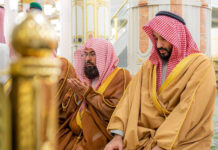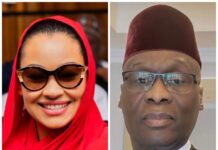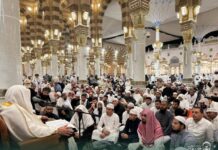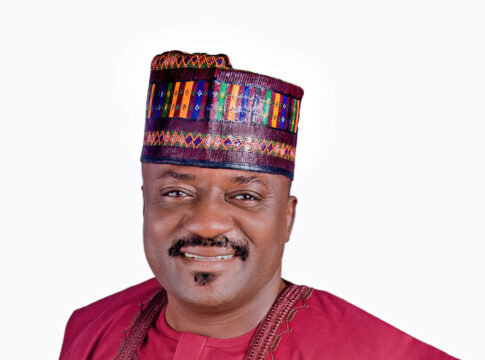A Retired senior police officer and security expert, DSP Abdullahi Umar Ladan, has issued a passionate appeal to key Islamic institutions and government authorities to intervene in an emerging sectarian dispute between the Izala and Tariqa sects in Kaduna State.
In a formal letter addressed to His Eminence, the Sultan of Sokoto and President General of Jama’atu Nasril Islam (JNI), as well as the Supreme Council for Islamic Affairs (SCFIA), Ladan emphasized the urgency of resolving the conflict through religious leadership rather than political channels.
The letter highlights a complaint reportedly filed by the Izala sect against the Tariqa sect, which was forwarded to the Kaduna State Government. Ladan cautioned against political involvement in religious matters, citing the risk of bias due to party affiliations and religious diversity among political leaders.
He stressed that the Sultan of Sokoto, as the highest authority in JNI, alongside Emirs and scholars representing various sects, should take the lead in resolving such disputes. “The involvement of political leaders in such matters is not proper,” the letter reads, warning that such interference could complicate tensions further.
In a chat with Facing Kaaba, Ladan said: The Sultan is the leader of all Muslims in Nigeria, It will be proper that he set up committee towards resolving this issue. He should hand warning to the scholars not to engage in any kind of preaching that will create division and lead to conflicts among their followers.
READ ALSO: KaabaNews Magazine releases new edition, invites stakeholders to partner
Ladan urged governors who receive similar complaints to refer them directly to JNI headquarters for investigation and resolution. He also called on JNI and SCFIA to regulate scholars’ activities and involve security agencies if any laws are violated.
To maintain peace, he recommended invoking the riot act and organizing inter-sect training sessions focused on mutual respect and understanding.
In a proactive gesture, Ladan offered free training services in security, human development, community policing, and attitudinal change. These programs, he noted, would be open to both Muslims and non-Muslims and aim to foster peace and cohesion across communities.
“We are committed to providing these services at no cost,” he wrote, “aiming to foster a culture of peace, understanding, and community cohesion.”
He urged the JNI led by his eminence, the Sultan of Sokoto to immediately wade into this conflict and nip it in the bud before it escalate into unpleasant dimension. He also praised the governor of the state, Senator Uba Sani for fostering peaceful atmosphere in the state, adding that the governor’s good works anchored on peace, unity and development must be protected and sustained by well-meaning people including the religious stakeholders.























